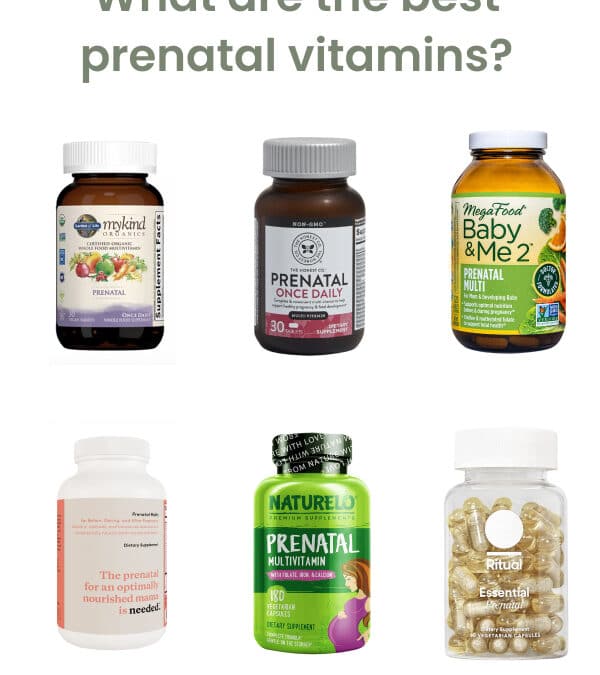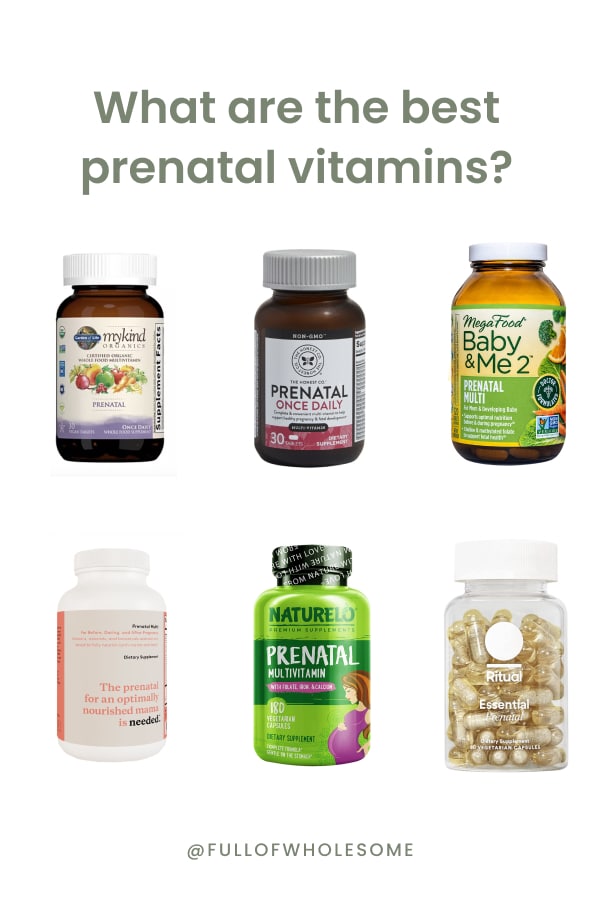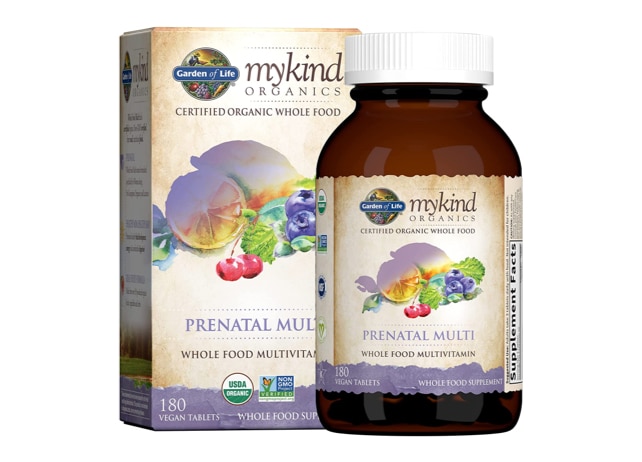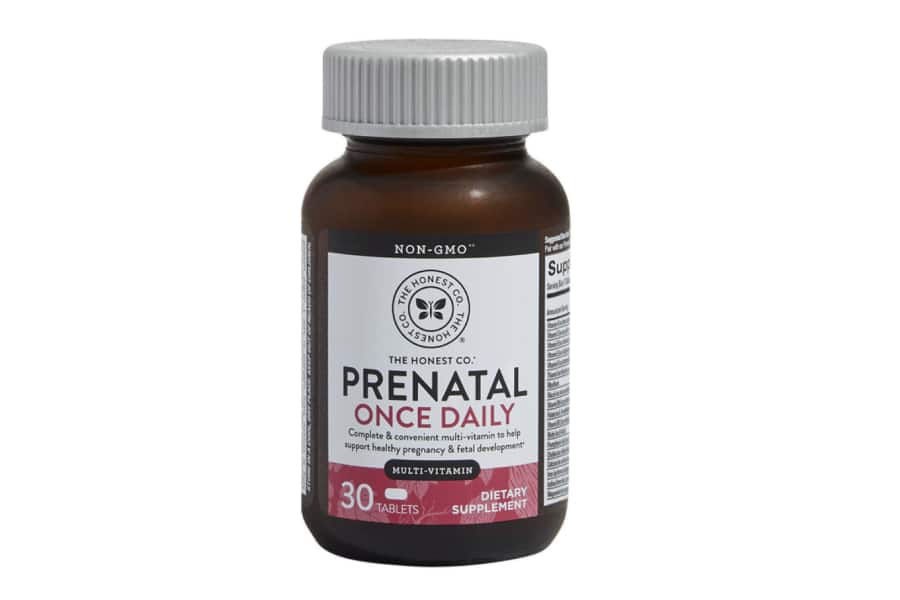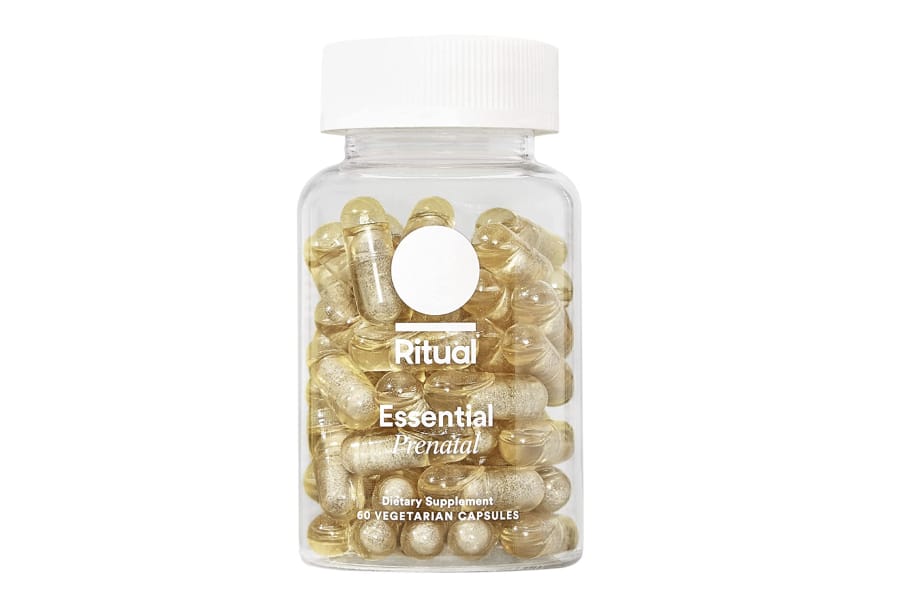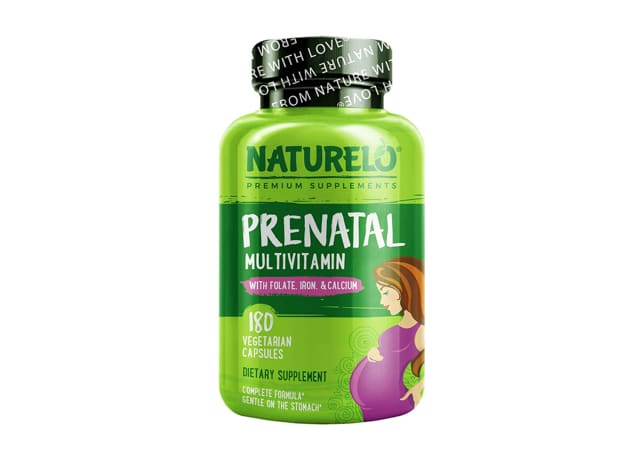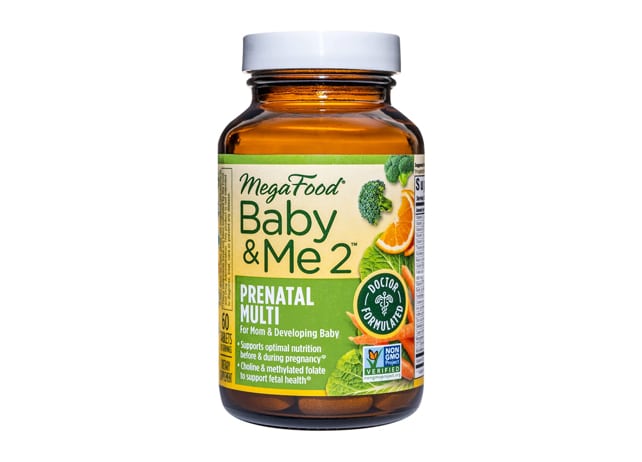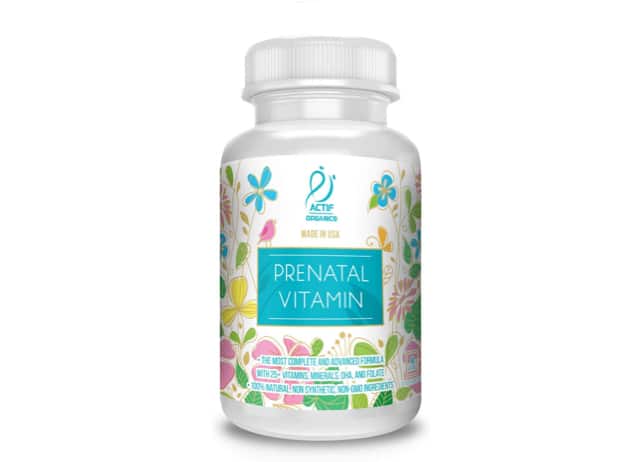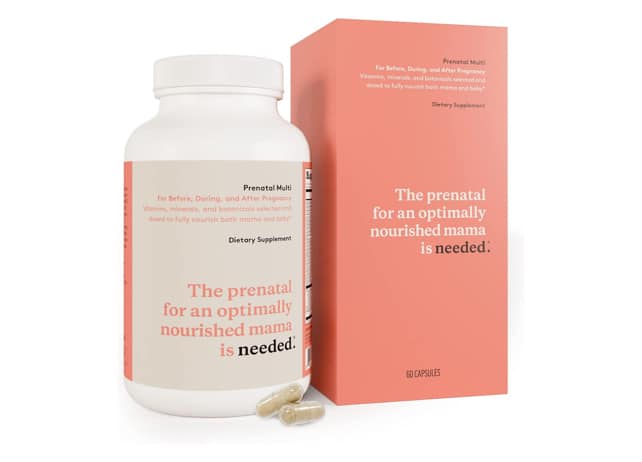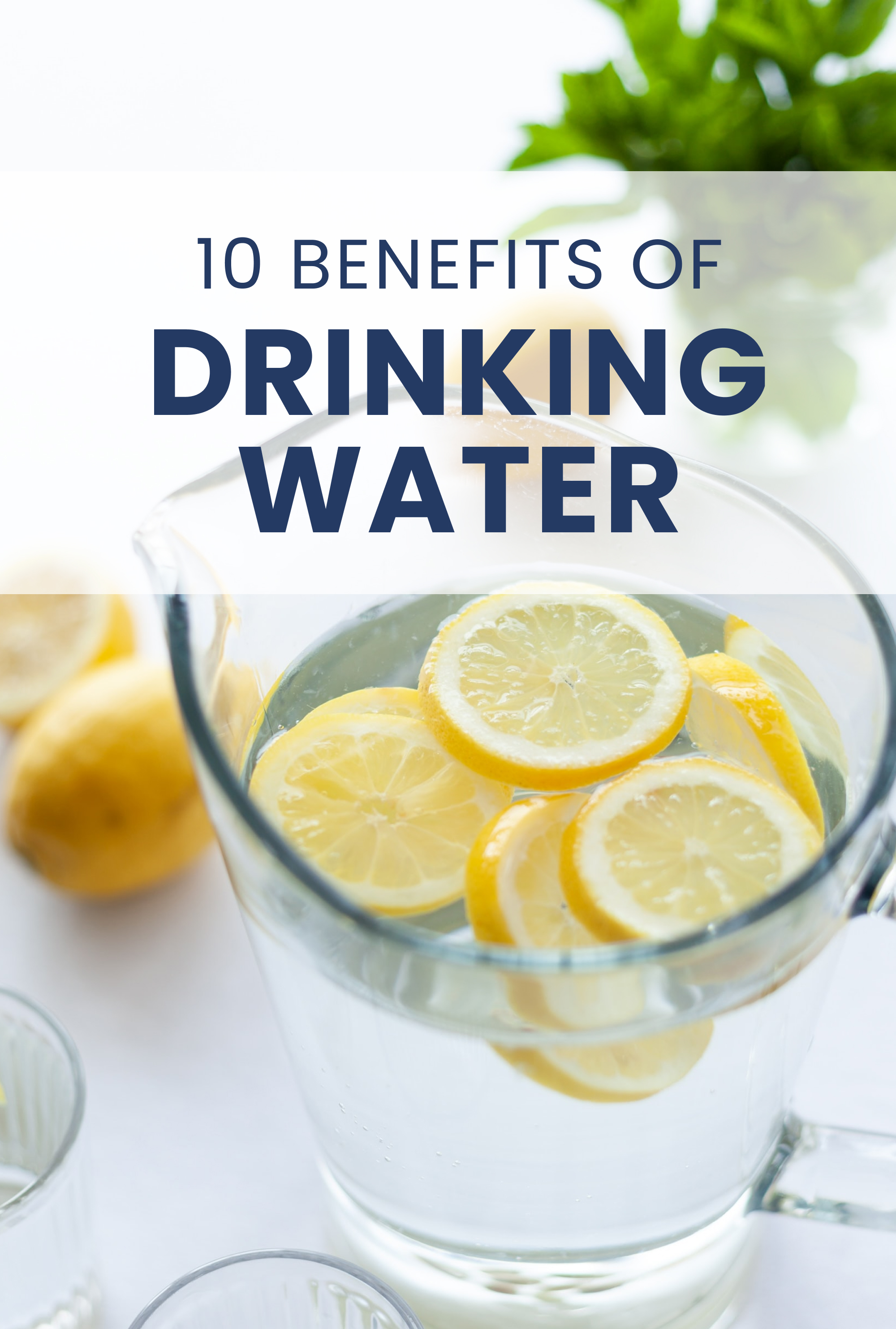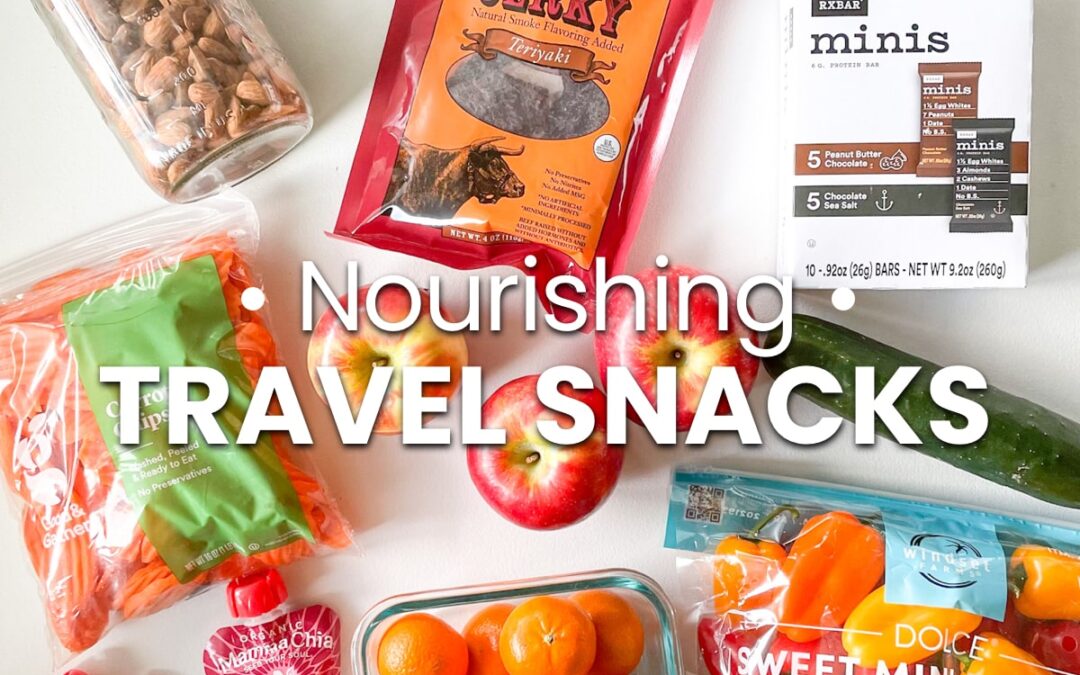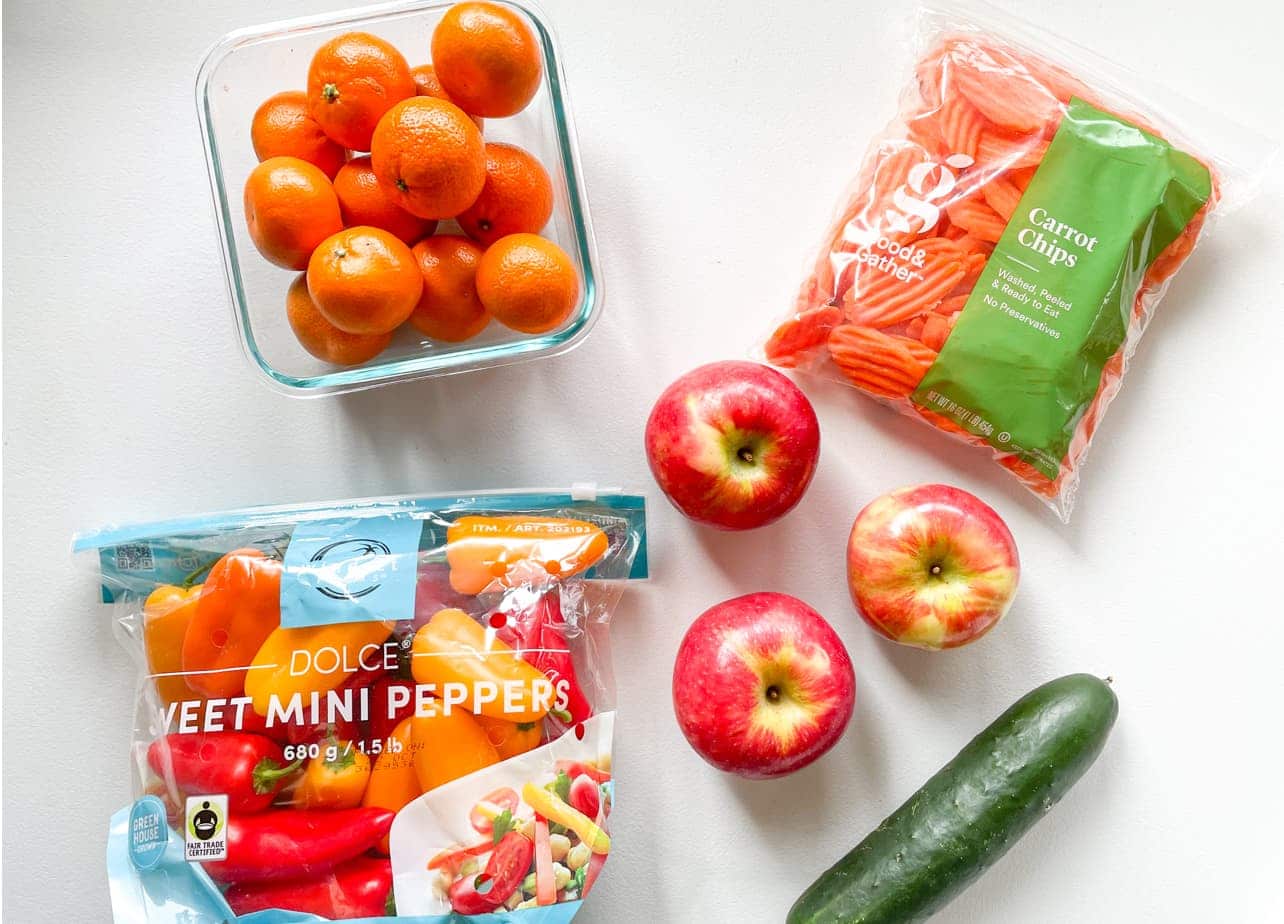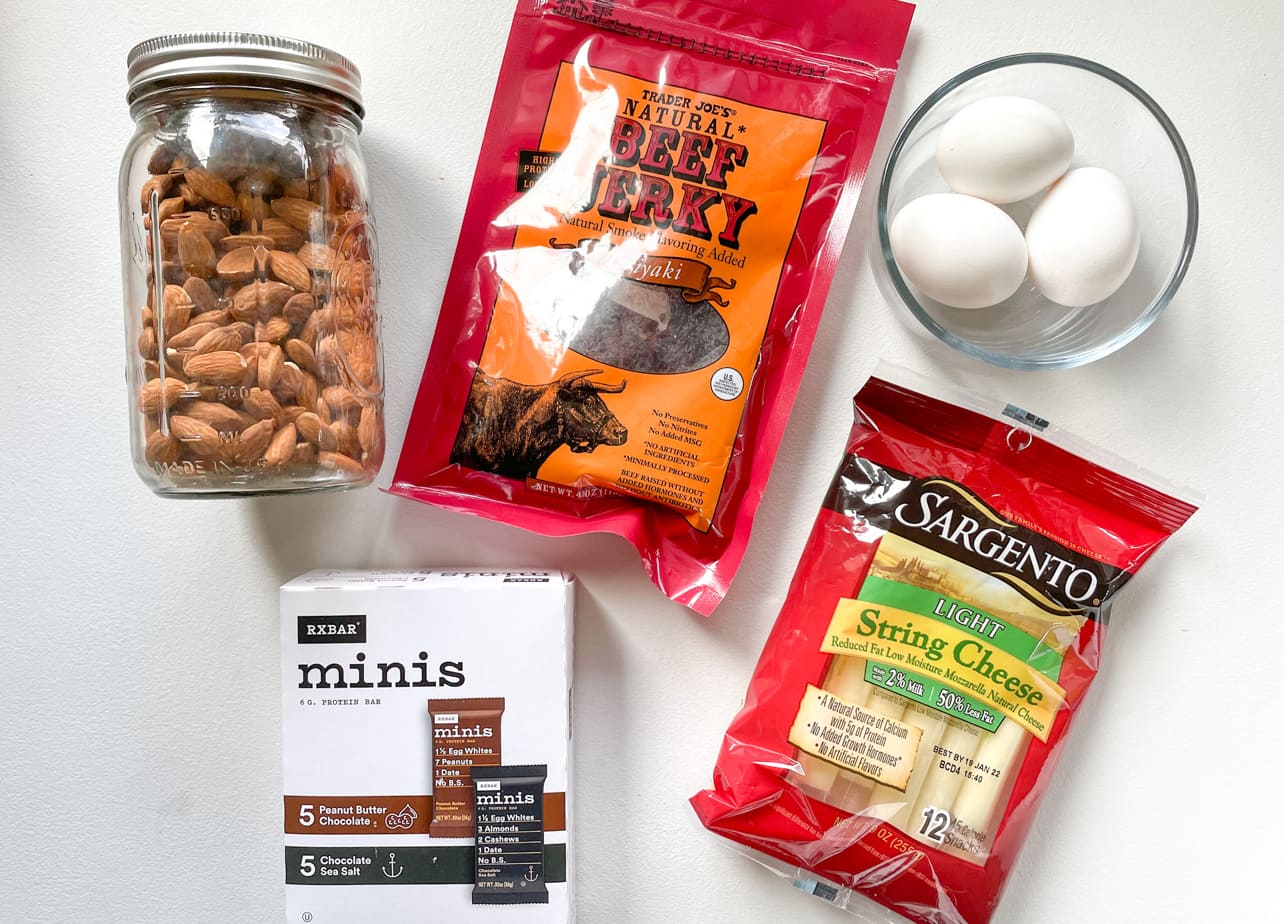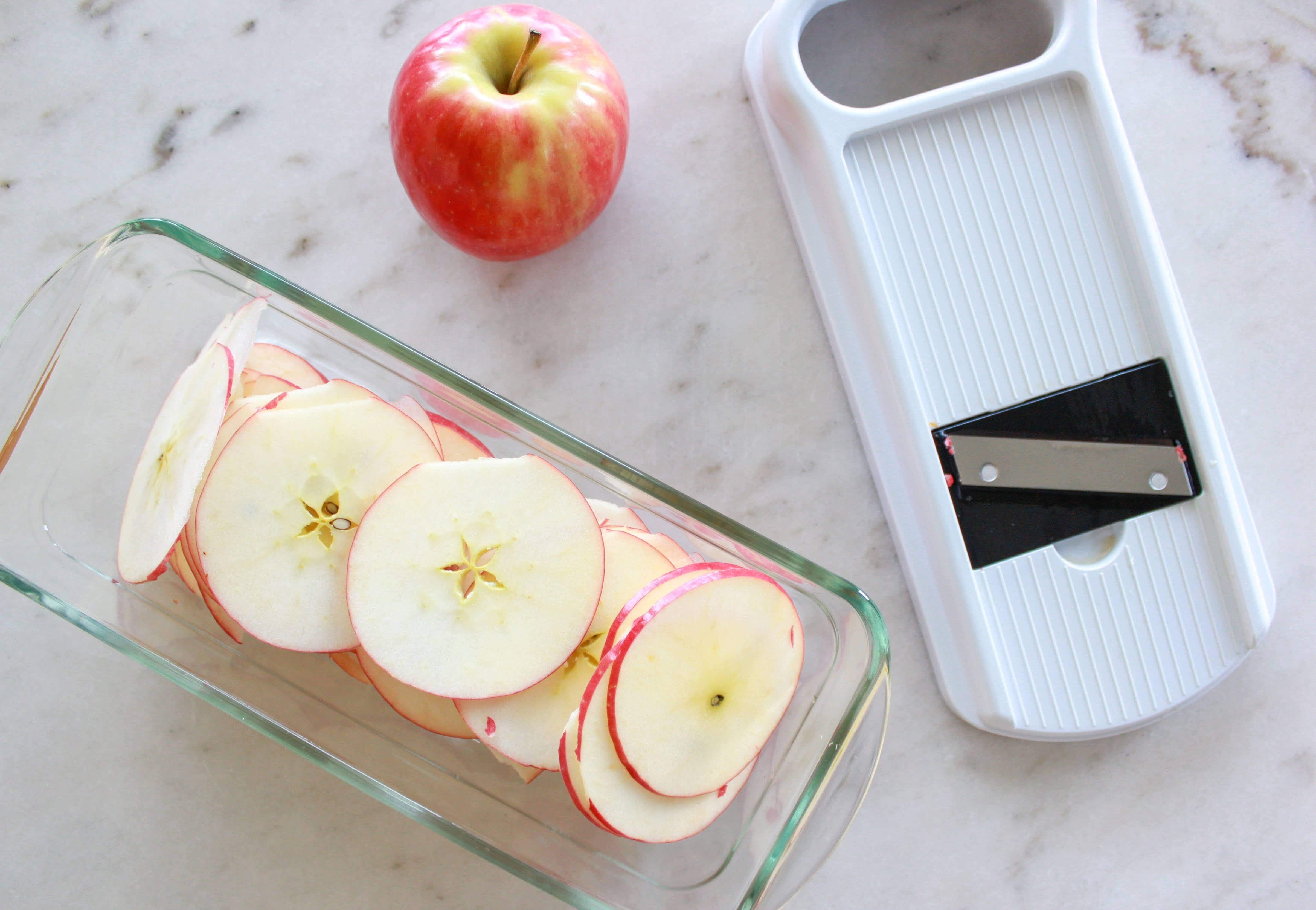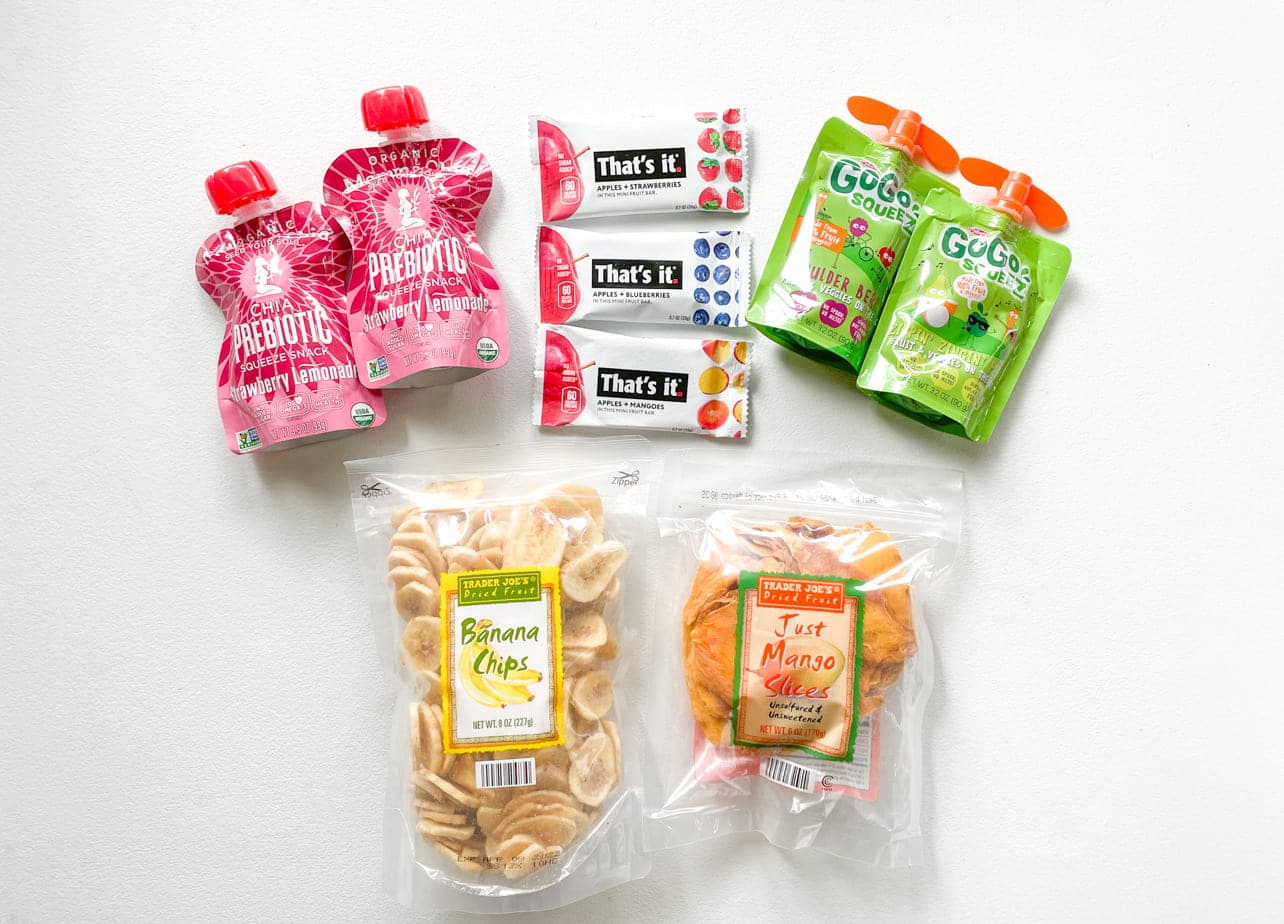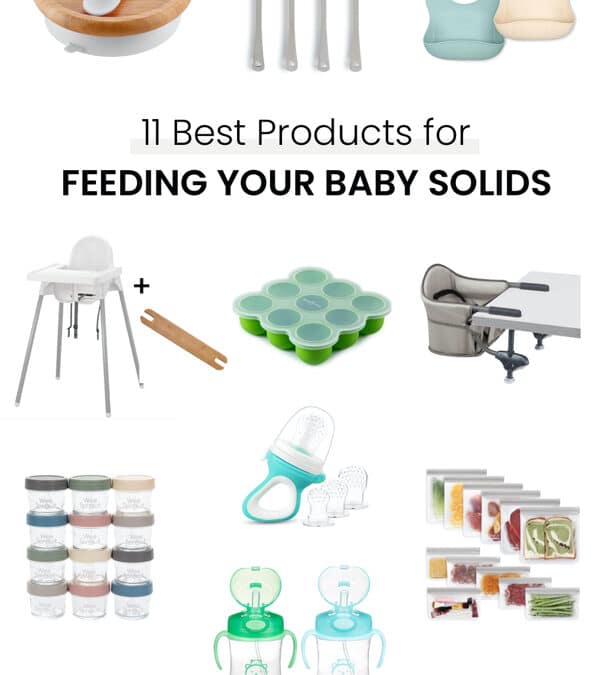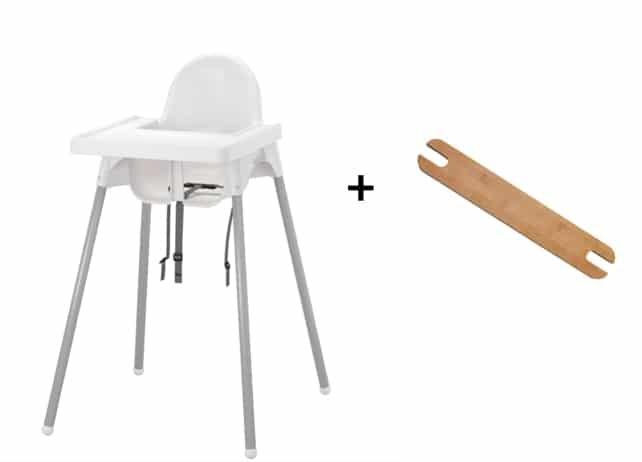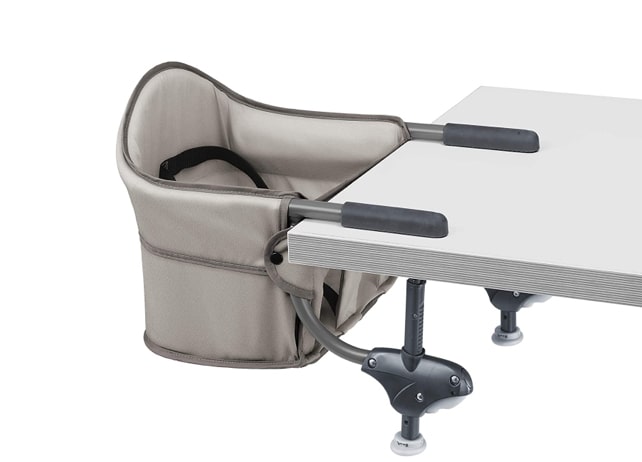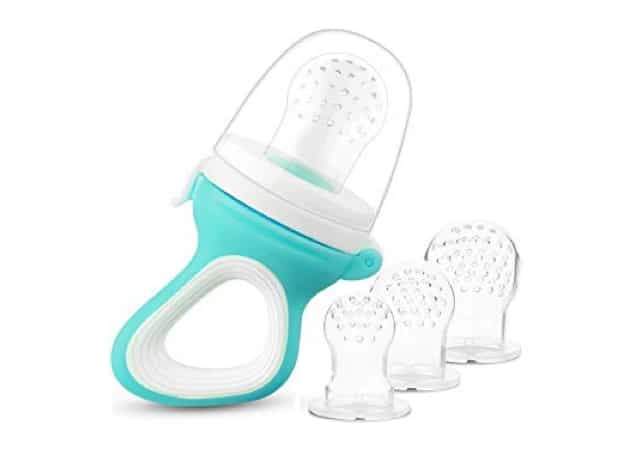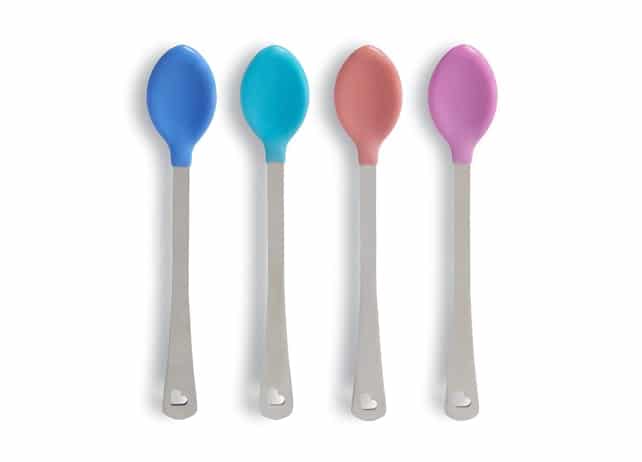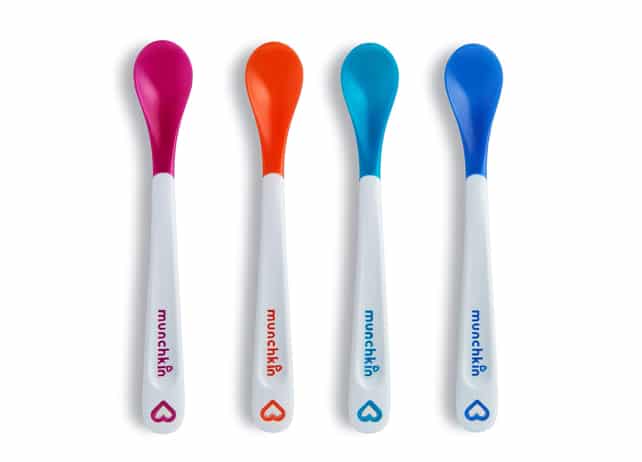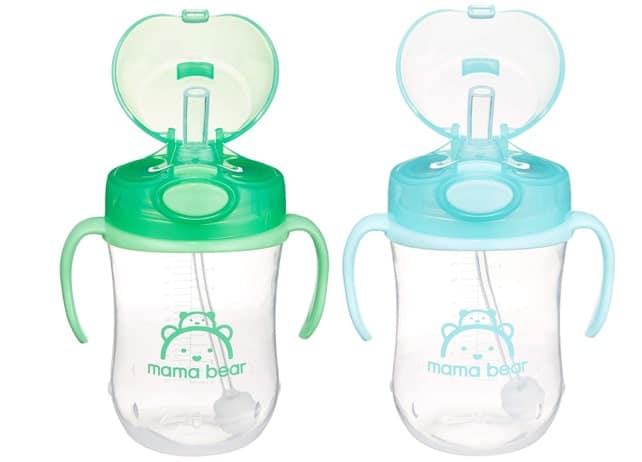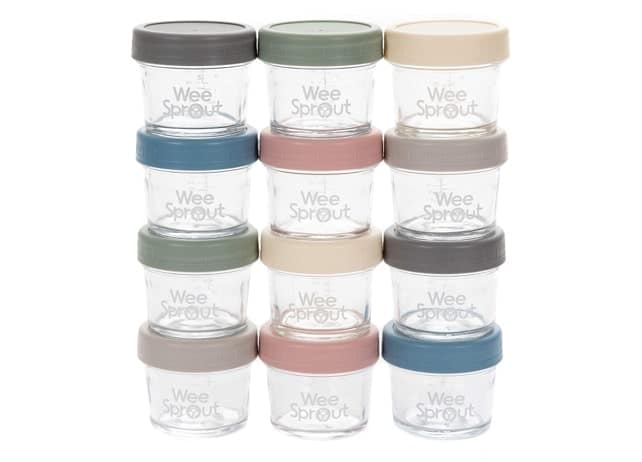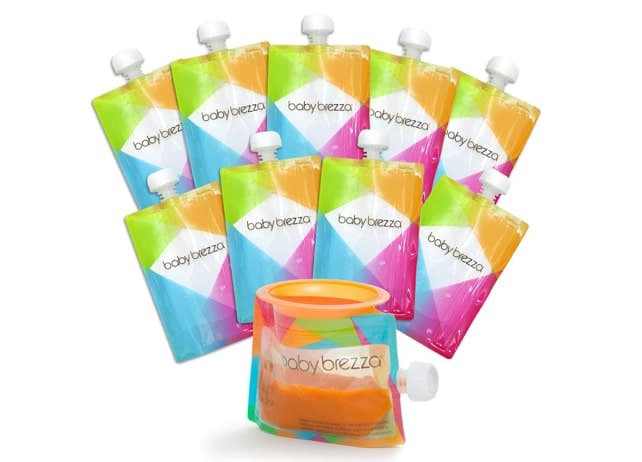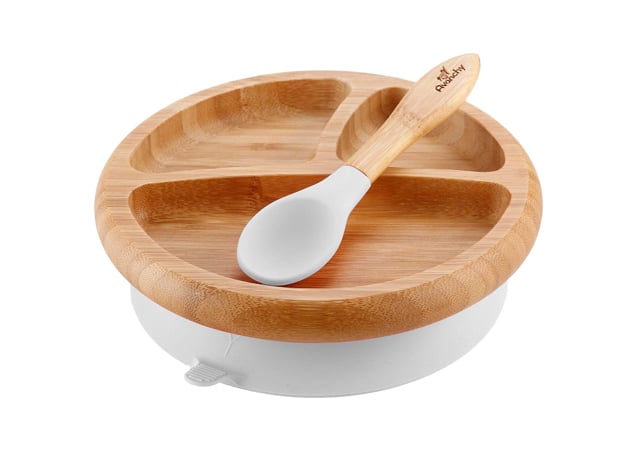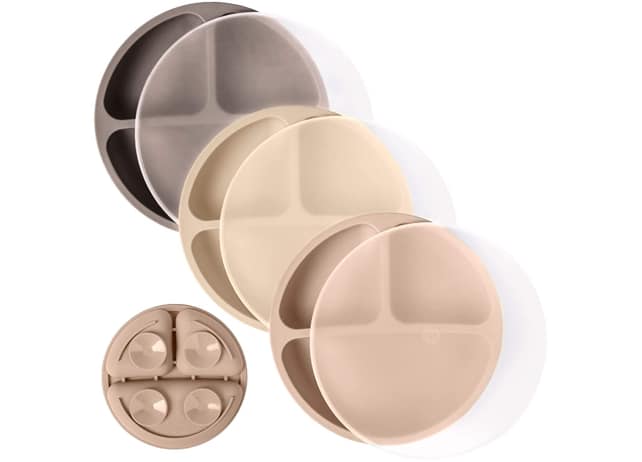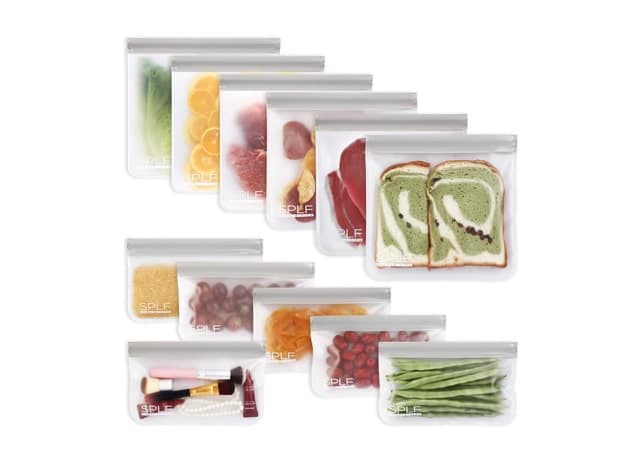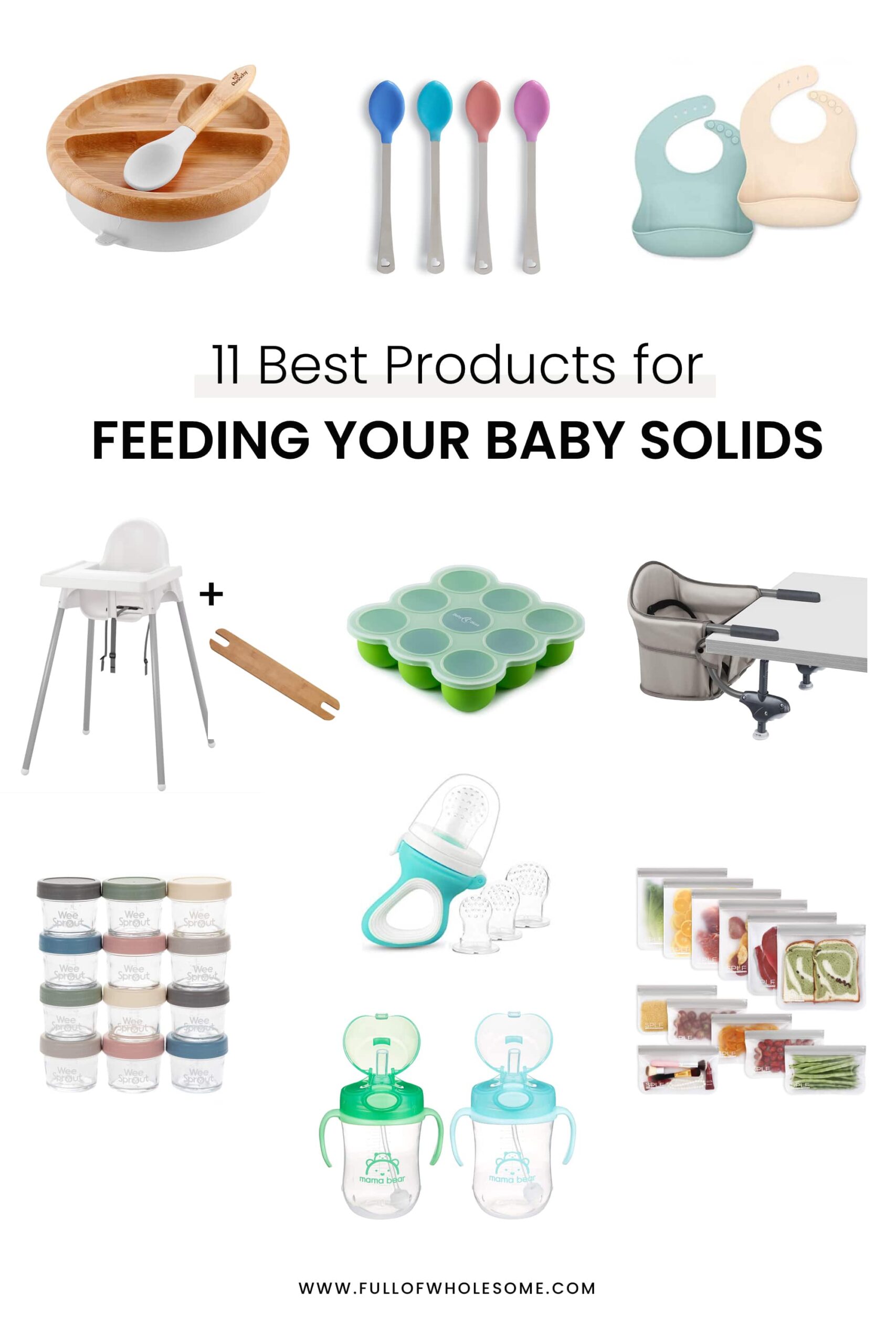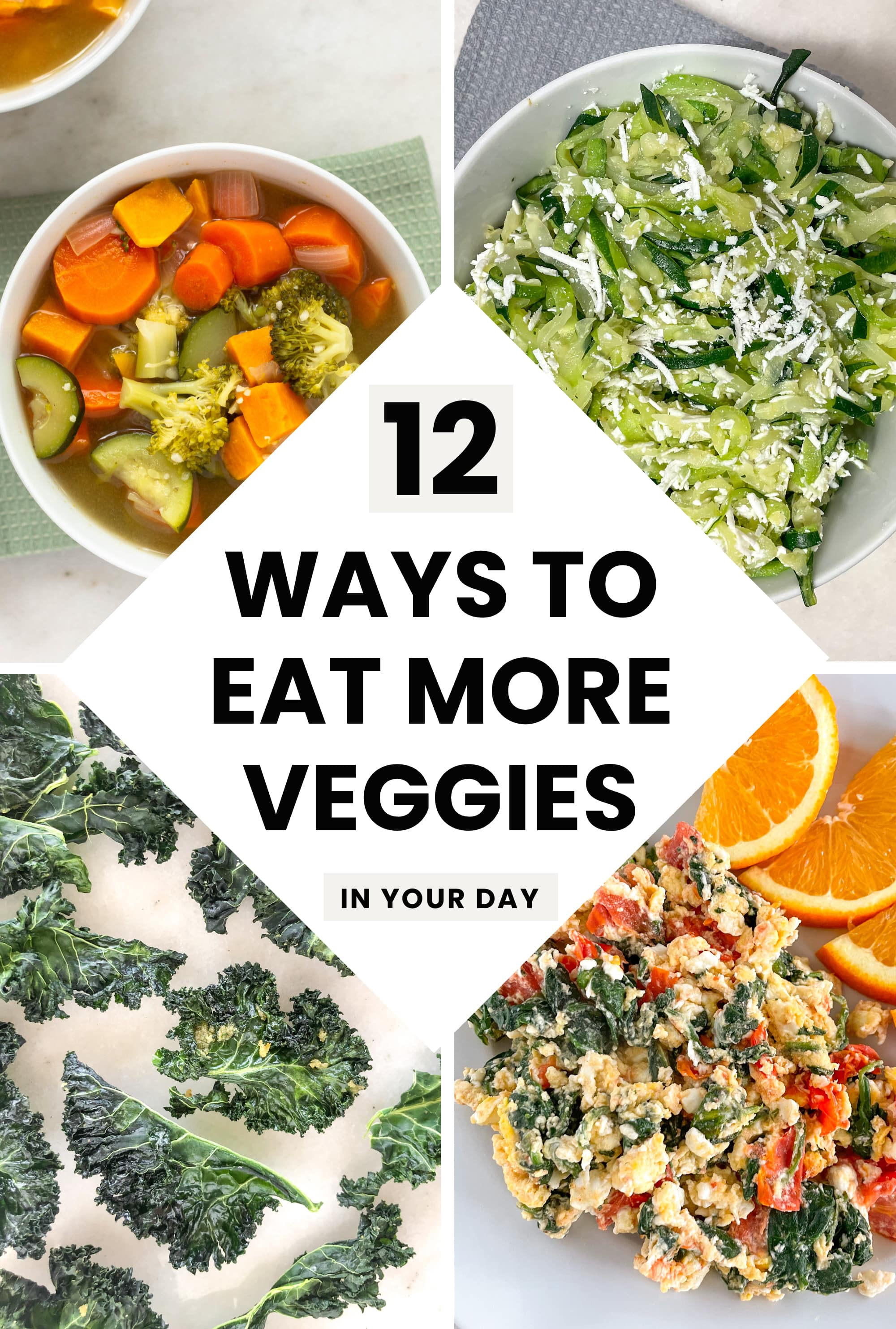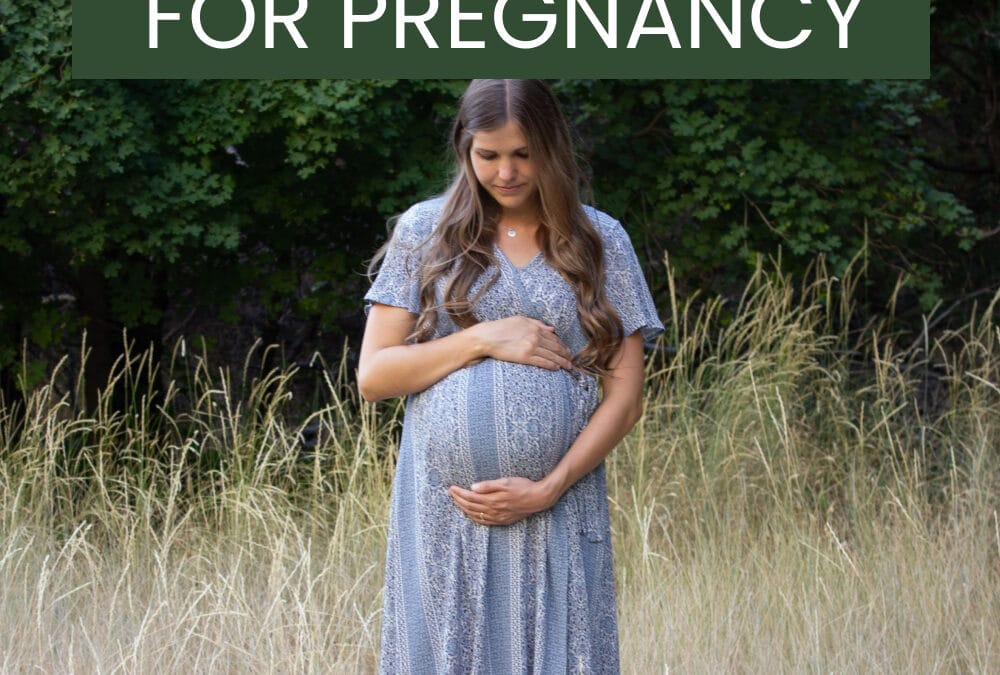
11 Essential Vitamins and Benefits During Pregnancy
11 Essential Vitamins and Benefits During Pregnancy
Prenatal vitamins are so important before, during, and after pregnancy. Growing a baby takes lots of nutritious foods, vitamins, and minerals. While pregnant, it’s important to eat a variety of real wholesome foods that have these essential vitamins on top of taking prenatal vitamins.
Prenatal vitamins are made to have specific vitamins and minerals that are vital for when you are pregnant. These vitamins and minerals keep you and your growing baby healthy.
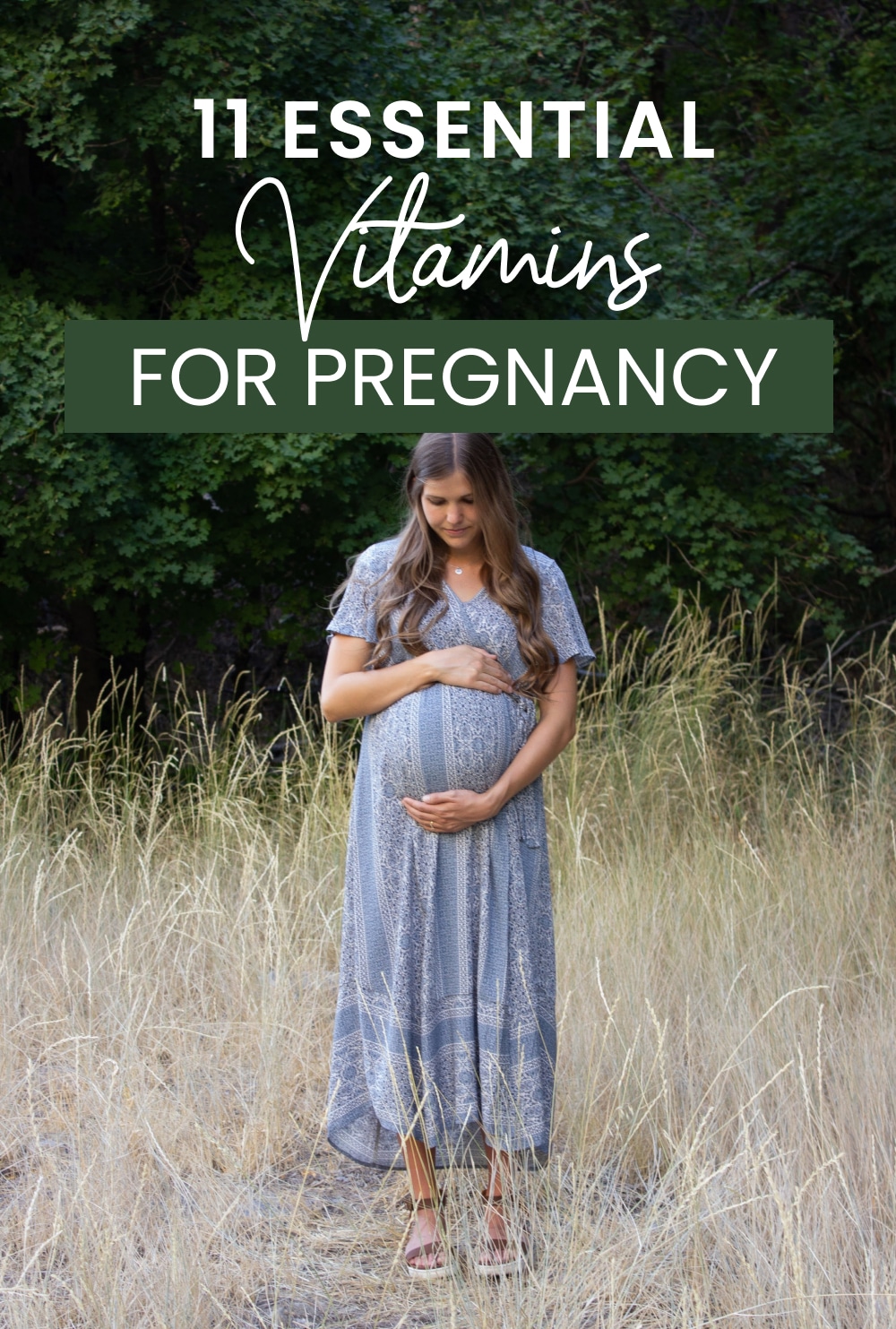
What vitamins do you need in a prenatal?
There are lots of vitamins and minerals that are important to have in a prenatal vitamin. These 11 vitamins are the most essential during pregnancy for mom and baby. It’s important to find a prenatal that has all these vitamins or find one that has most of these vitamins. When finding the best prenatal vitamin for you, it’s It’s best to find one based on you needs and which nutrients you have a harder time getting in each day.
Here is a listed the top essential prenatal vitamins to have and the benefits they give you and your baby during pregnancy.
#1 Folate
This vitamin is one of the most important to take before getting pregnant and during pregnancy. Doctors recommend taking a prenatal vitamin 3 months before getting pregnant. The reason for this is almost all prenatal vitamins have Folate (or folic acid) which is an essential vitamin to help with normal neural tube development.
The recommended dose is 600 mcg per day. Any vitamin supplement from 400 mcg – 1 mg is a normal range.
Here’s benefits that mom and baby get from this vitamin:
Mama:
- Heart health
- Healthy red blood cells
- Immune support
- Mood imbalances
Baby:
- Normal neural tube development
- Mouth development
- DNA and red blood cells support
- Cell division
Is Folate and Folic Acid the same?
These two vitamins are similar but aren’t the same. Folic acid is a synthesized version of this vitamin and requires your body to convert it into an active form to be used. Folate is from many whole foods: leafy greens, beans, eggs, citrus fruit, avocados, and beef liver. Having folate in a vitamin supplement is better for your body. Find more information about folate vs folic acid in this article. I recommend finding a prenatal with folate instead of folic acid. Here are some of my favorite prenatal brands.
#2 Iron
Iron is essential for growing a baby. Most people are iron deficient, so getting enough iron while you are pregnant is crucial.
The recommended dose is 27 mg per day. Never take more than 120 mg of iron, taking more can be toxic for your body.
Here’s benefits that mom and baby get from this vitamin:
Mama:
- Essential vitamin to make extra blood for you and your baby
- Carries oxygen from your lungs
Baby:
- Needed to make babies’ own blood
If the prenatal vitamin you are taking doesn’t have iron, it’s important to calculate how much iron you consume in your diet from food to make sure you are getting enough iron.
#3 Calcium
Calcium is essential for babies bone development and for helping moms get pregnant.
The recommended dose is 1000 mg per day.
Here’s benefits that mom and baby get from this vitamin:
Mama:
- Healthy blood pressure and bones
- Muscle relaxation for growing your baby
- Production of healthy hormones
- Cardiac function
Baby:
- Forming/strengthening bones and teeth
- Necessary for heart, muscles, nerves, and hormones.
Most prenatal vitamins don’t contain enough calcium.
The good news is that most foods do contain calcium so if you have a diet high in calcium you’ll be fine taking a prenatal with none or less calcium in it. For example, drinking 1 cup of cow’s milk will give you 300 mg of calcium. If you know you don’t get enough calcium daily check out these prenatal brands and find one with the recommended calcium amount.
#4 Vitamin D
Vitamin D is a vitamin that gets over looked, but essential to have in your body daily for you and your baby. This vitamin is needed to absorb calcium and phosphorus. It’s important to take a vitamin D supplement as well as get this vitamin from the sun. During the colder months this vitamin is even more essential for a healthy pregnancy.
The recommended dose is 600 mg per day.
Here’s benefits that mom and baby get from this vitamin:
Mama:
- Absorbs calcium + phosphorus
- Immune support
- Keeps a full-pregnancy
- Healthy blood pressure
Baby:
- Cell division to grow baby
- Forming bones and teeth
- Lungs and respiratory function
- Immune support
#5 Vitamin A
Vitamin A is an essential vitamin for mom and baby and there is so many benefits from this vitamin.
The recommended dose is 770 mg per day. However, never take vitamin A supplements that are 1500 mcg. Too much of this vitamin can be toxic and harm your liver, gives you headaches, vomiting, and more.
Here’s benefits that mom and baby get from this vitamin:
Mama:
- Skin and vaginal tissues
- Development of placenta
- Milk supply
- Manages hormones
- Pregnancy support
Baby:
- Facial development: eyes and ears
- Helps full-term gestation and healthy birth weights
#5 Vitamin B12 and B6
These two Vitamins: B6 and B12 help balance blood sugar and absorbing magnesium. It’s also essential for neural tube development for baby.
The recommended dose for B6 is 1.9 mg per day and for B12 is 2.8 mcg per day.
Here’s benefits that mom and baby get from this vitamin:
Mama:
- Helps nausea
- Balances blood sugar and gives mom energy
- Helps absorb magnesium
- Helps with protein
Baby:
- Neural tube development
- Nervous system development
- DNA and red blood cells
- Healthy skin
#6 Choline
Choline is important in developing the babies nervous system. Being deficient in choline has been linked to children with lower cognitive function. (Learn more in this study)
The recommended dose for is 450 mg per day.
Here’s benefits that mom and baby get from this vitamin:
Mama:
- Keeps metabolism healthy
- Liver function
- Manages healthy blood pressure
Baby:
- Neural tube development
- Brain development
- Helps DNA synthesis
- Transporting omega-3 DHA from mom and baby.
Most prenatal vitamins have none or very little choline. About 90% of women aren’t getting enough choline in their diets. It’s crucial to find a prenatal that has this vitamin to get the recommended dose or eat a diet high in choline. Choline is found in meat, fish, and milk. Here’s some of my favorite prenatal vitamins that have choline.
#7 Omega 3 (DHA)
The recommended dose is 200-300 mg per day.
Here are the benefits that mom and baby get from this vitamin:
Mama:
- Supports bones
- Helps mood
- Immune system healthy
- Prevents pre-term labor
Baby:
- It helps develop the eyes and brain
- Develops nervous system
Most prenatal vitamins have none or very little omega-3. Most women lack getting enough omega-3s. Omega-3s are found in salmon, tuna, sardines, and anchovies. While you are pregnant make sure you are eating enough food with omega 3s to get the recommended amount each day. If you don’t get enough in your diet, it’s important to find a prenatal vitamin with omega 3 or a supplement. Here are some of my favorite prenatal vitamins that have omega-3s.
#8 Vitamin K
The recommended dose is 10 mg per day.
Here’s benefits that mom and baby get from this vitamin:
Mama:
- Bone health
- Helps prepare for birth
- Normal blood clotting
- Needed to absorb vitamin D3
- Blood sugar balance
Baby:
- Strengthening bones and teeth
- Cardiovascular health
- Normal blood clotting
#9 Riboflavin (Vitamin B1)
Riboflavin helps your baby in so many ways while your baby is developing. It helps with bone, nerve, and muscle development.
The recommended dose is 1.4 mg per day.
Here’s benefits that mom and baby get from this vitamin:
Mama:
- Gives energy
- Manages stress levels
- Metabolism
- Healthy neurological functions
Baby:
- Motor skill development
- Cardiovascular function
- Cognitive function
- Neurological development
#10 Thiamin (Vitamin B1)
The recommended dose is 1.4 mg per day.
Here’s benefits that mom and baby get from this vitamin:
Mama:
- Healthy stress response
- Healthy mood postpartum
- Healthy immune system
- Energy production
- Antioxidant for metabolism
Baby:
- Helps with growth and development
- Energy production
- Healthy thyroid, skin, heart, and immune system.
#11 Vitamin C
Vitamin C is amazing at boosting immune system for you and your baby. This vitamin is also needed for babies development.
The recommended dose is 85 mg per day.
Here’s benefits that mom and baby get from this vitamin:
Mama:
- Immune support
- Prevents cell damage
- Prevents mental health
- Iron absorption
- Healthy metabolism
Baby:
- Healthy immune system
- Cell division for growing
- Builds tendons, bones, teeth, skin, blood vessels, and cartilage.
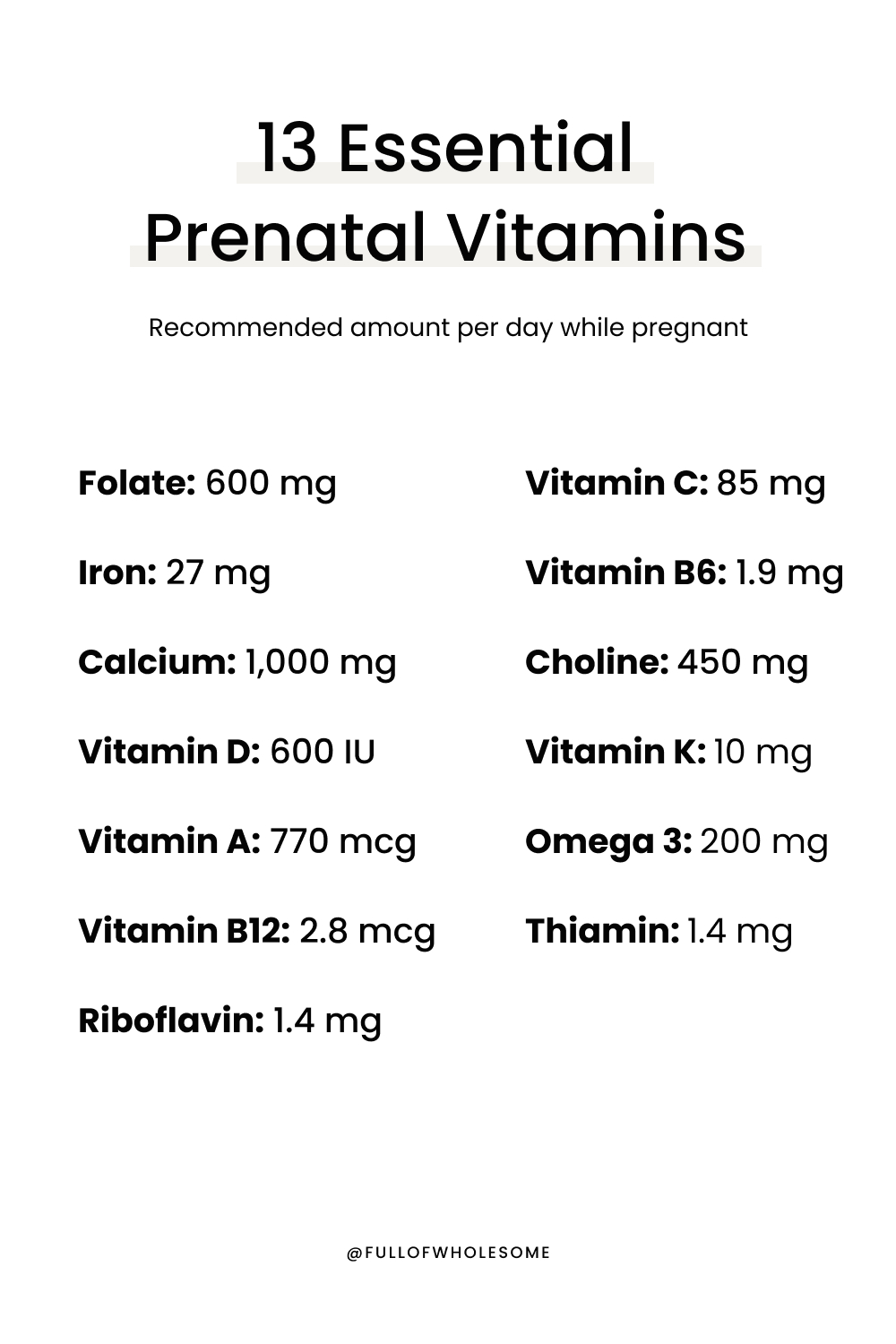
About Alli
Hi! I started this blog to share healthy wholesome real food recipes and nutritional info. Choosing to strive to eat wholesome real foods will result in a nutritious healthy sustaining diet and give our bodies the nutrition to stay healthy.

